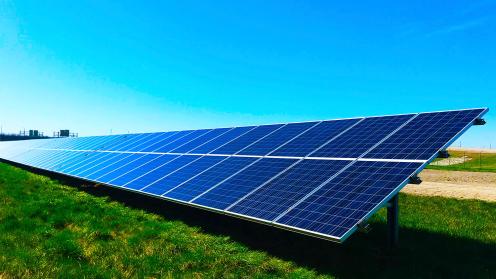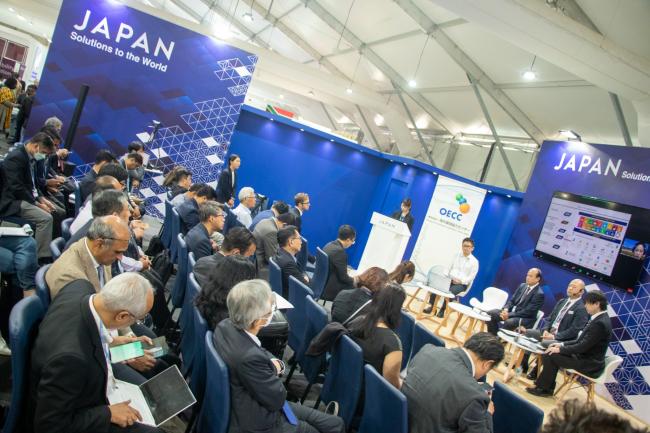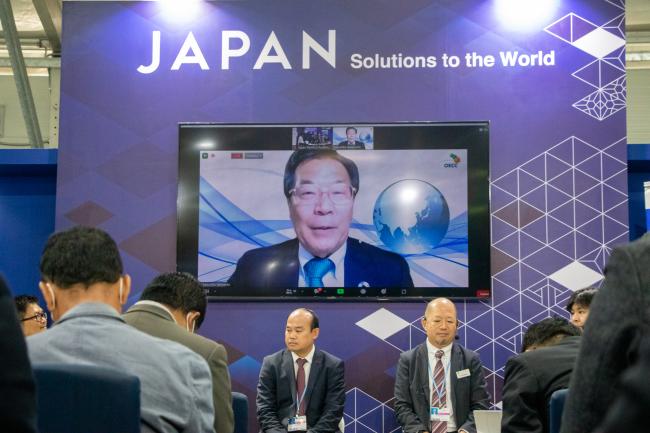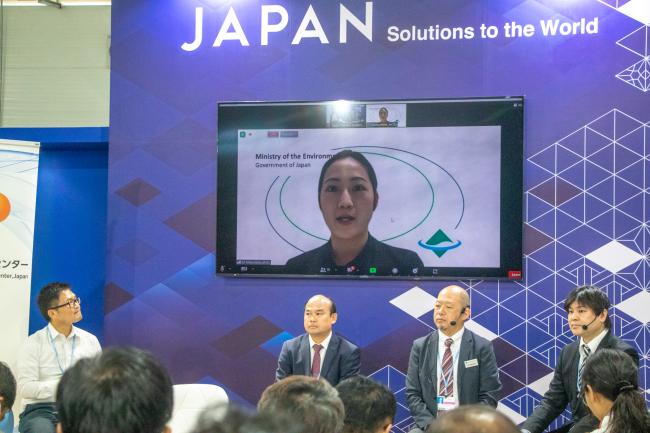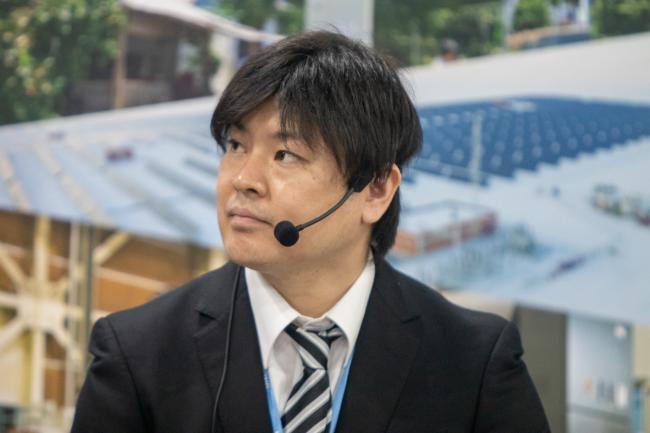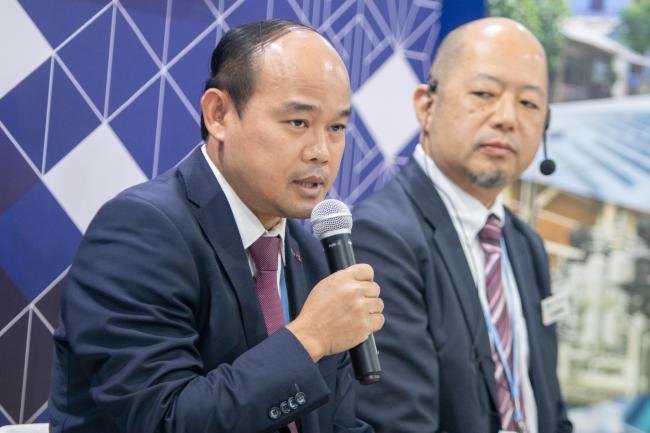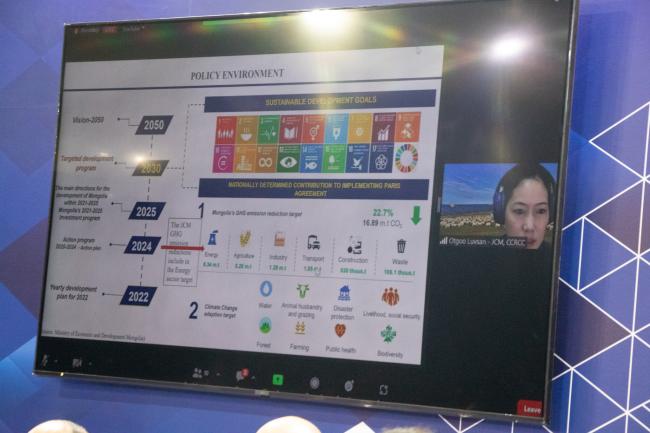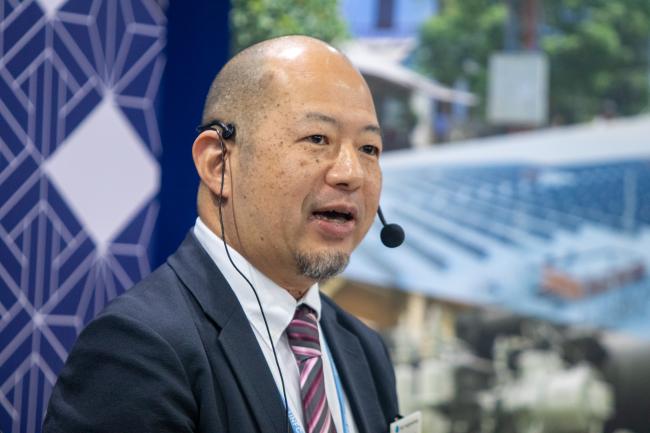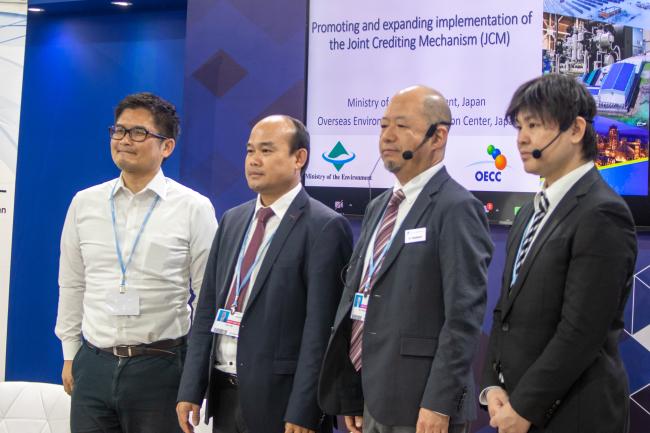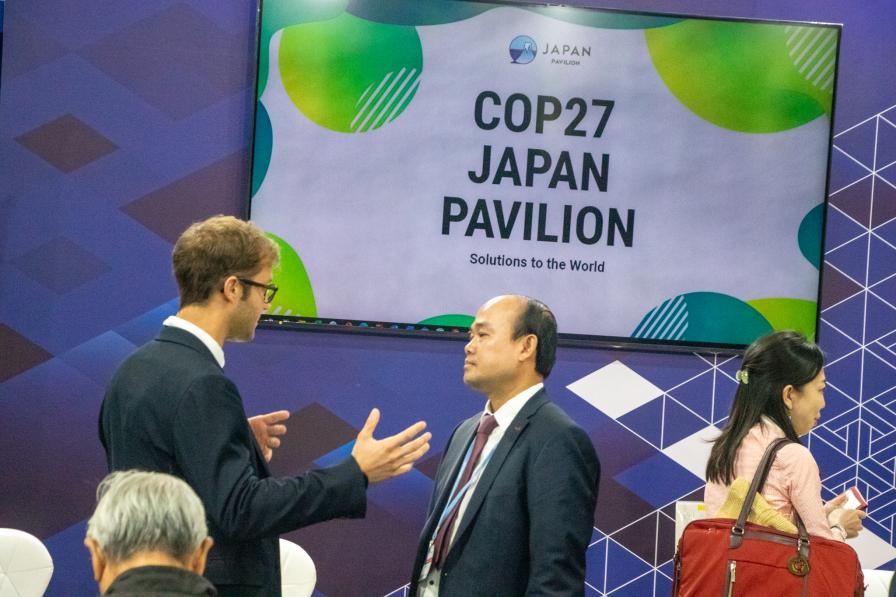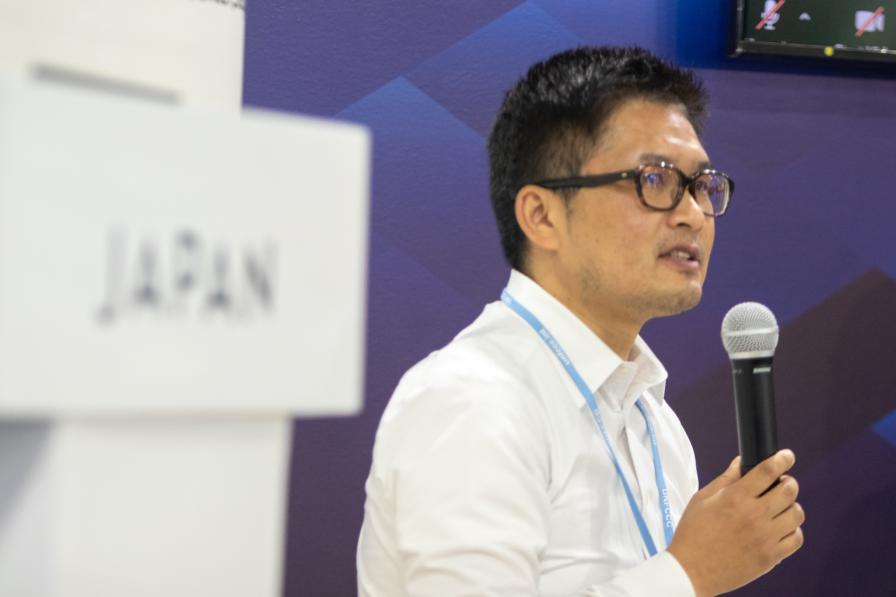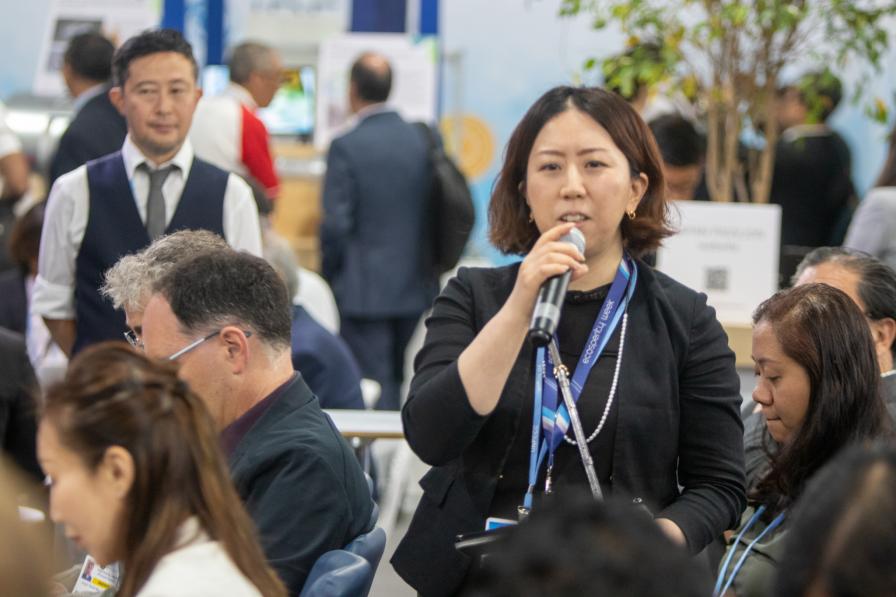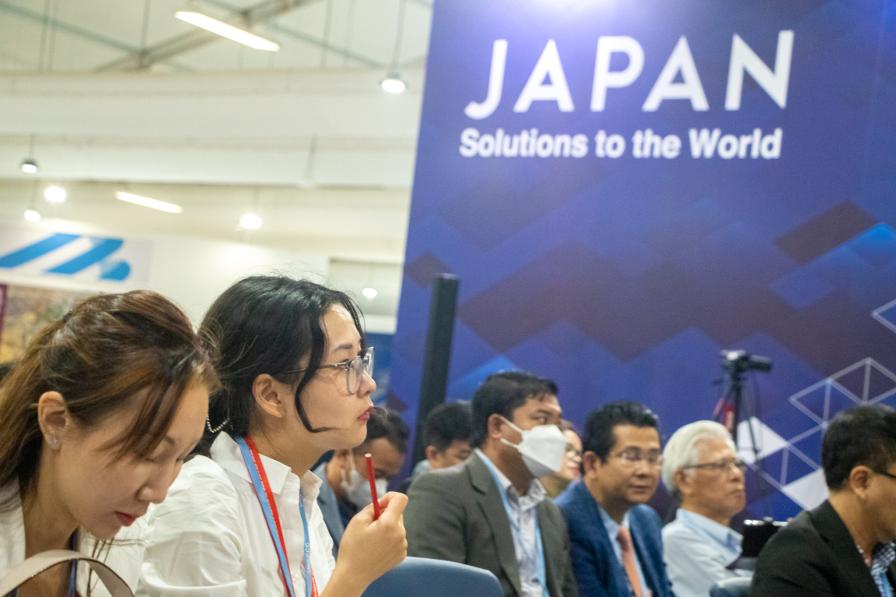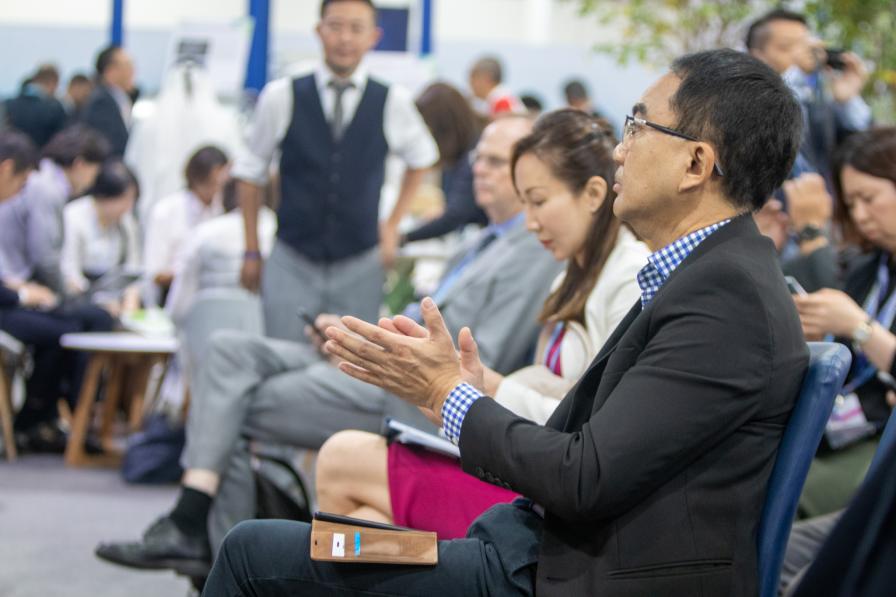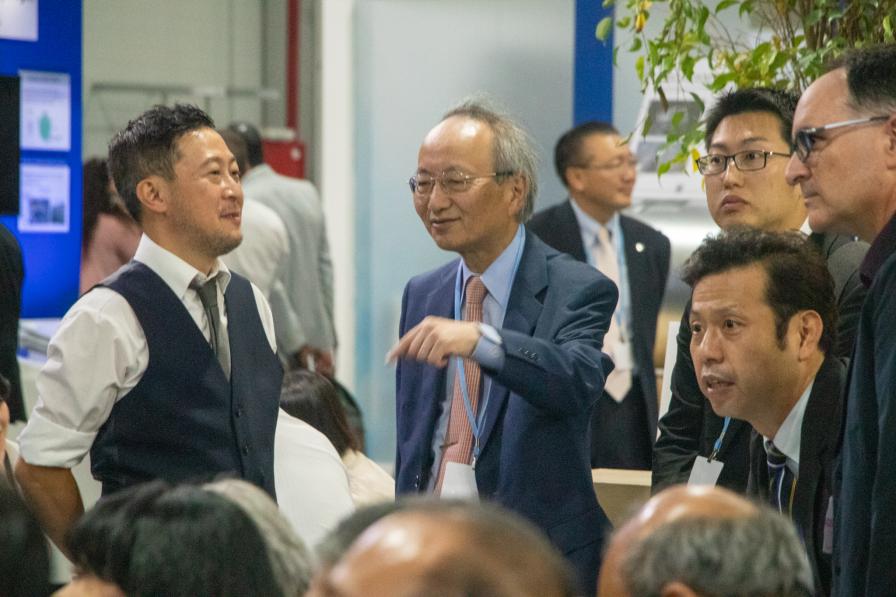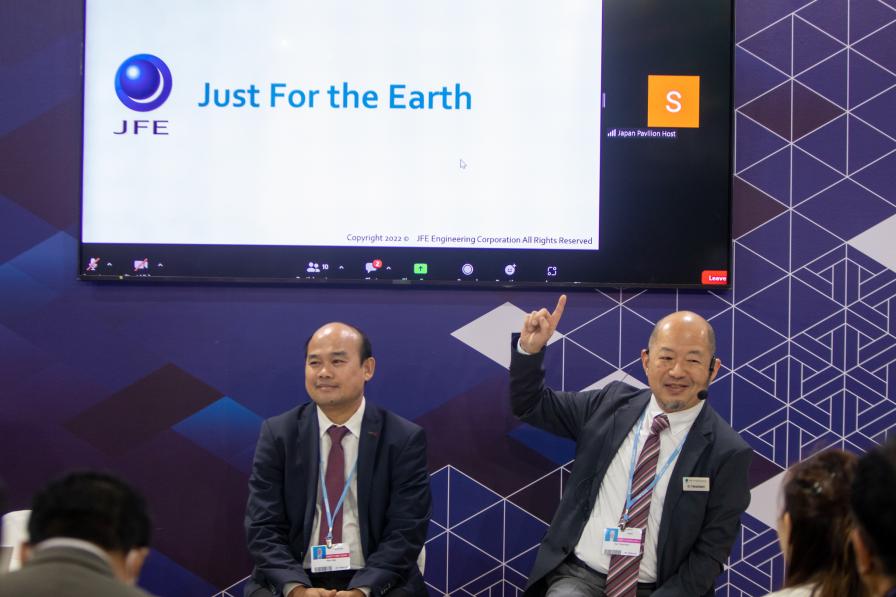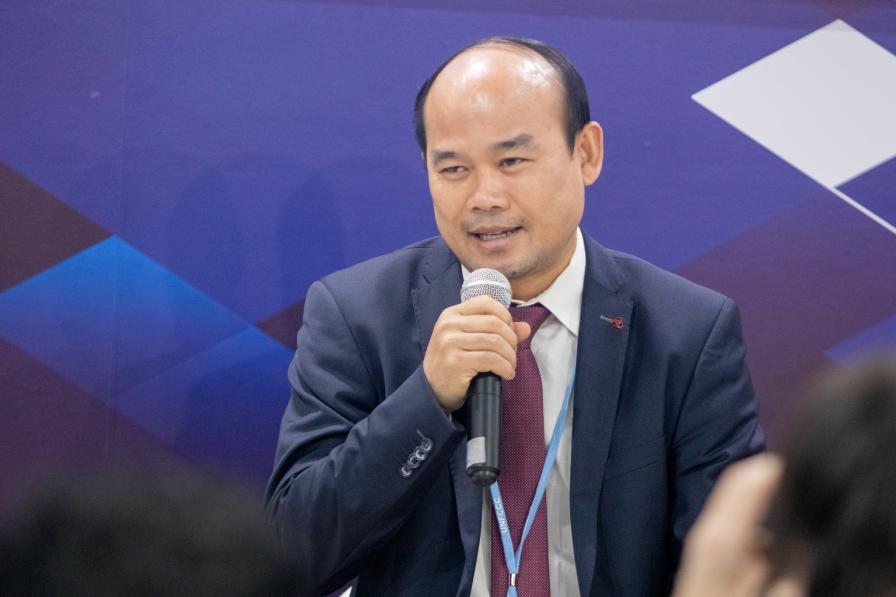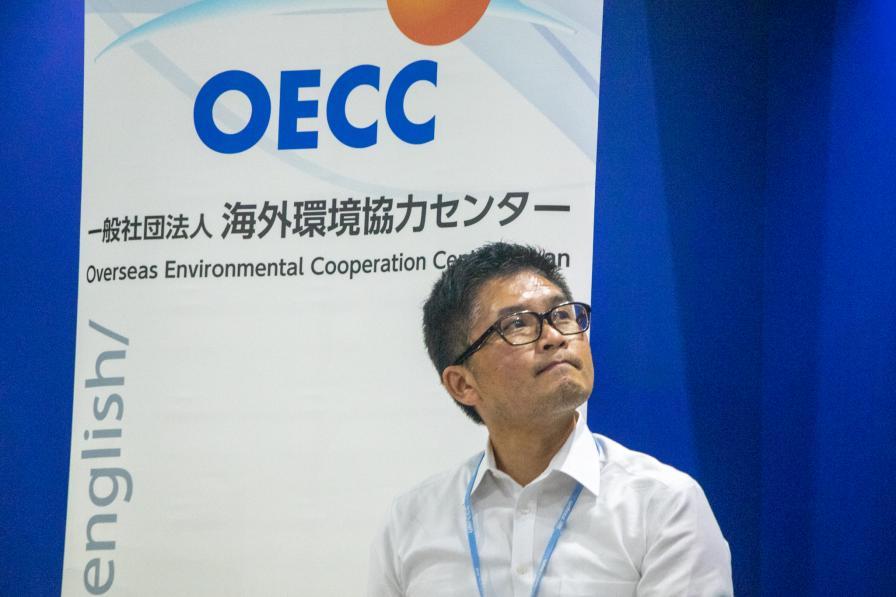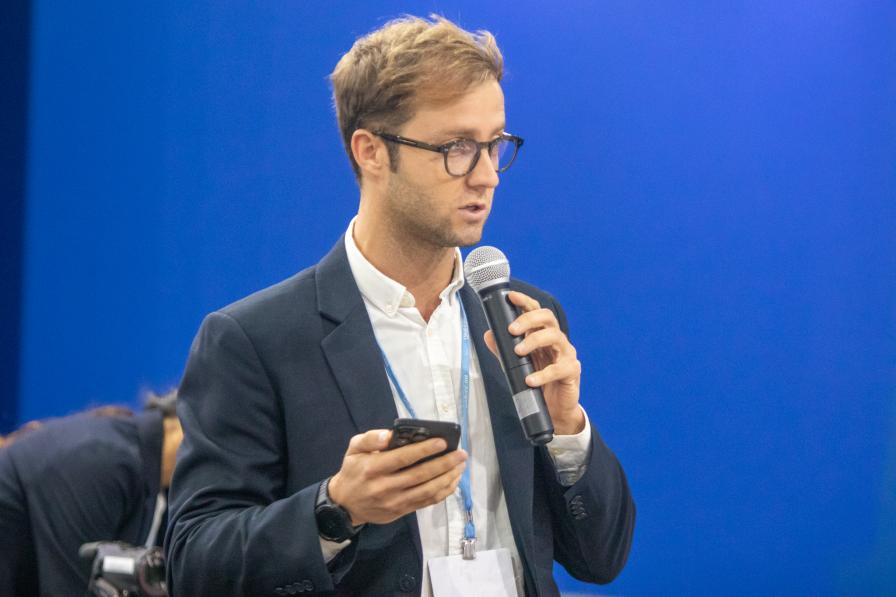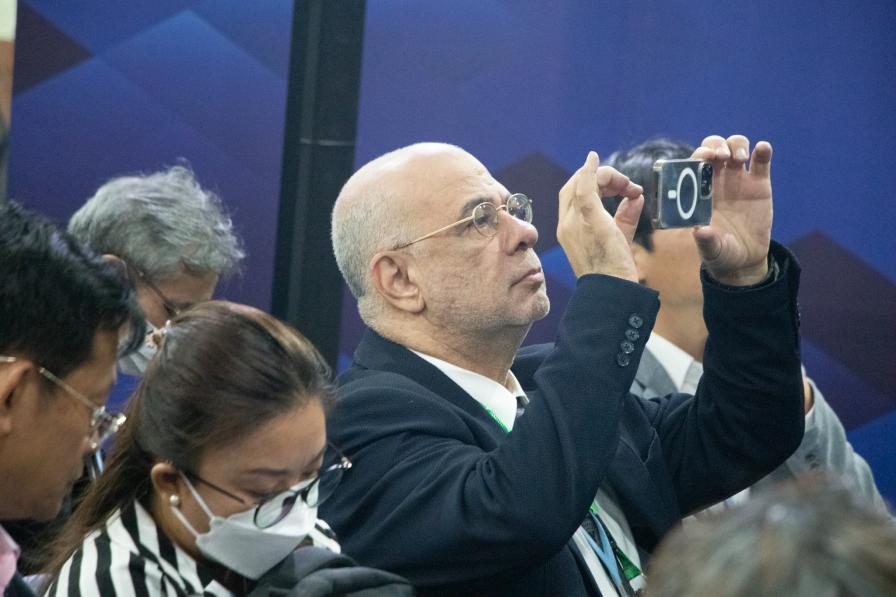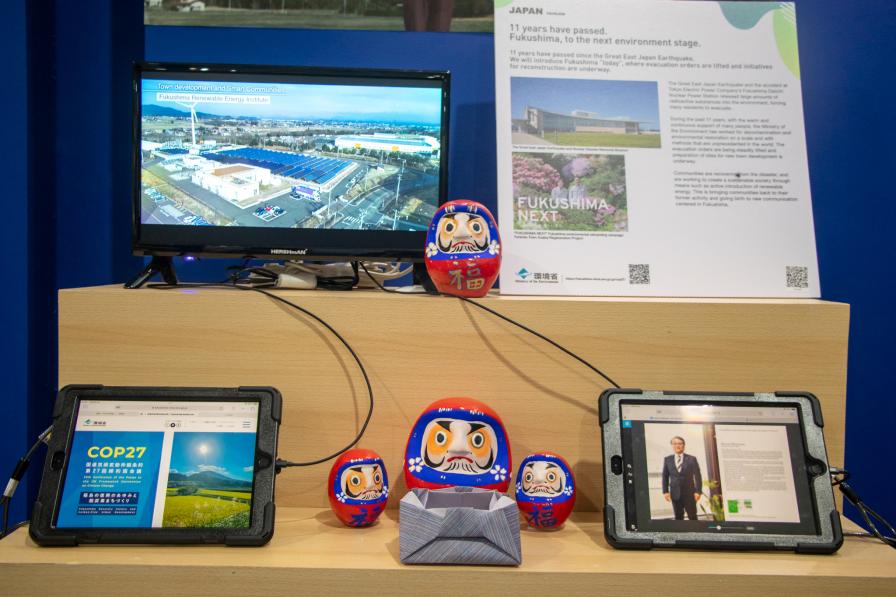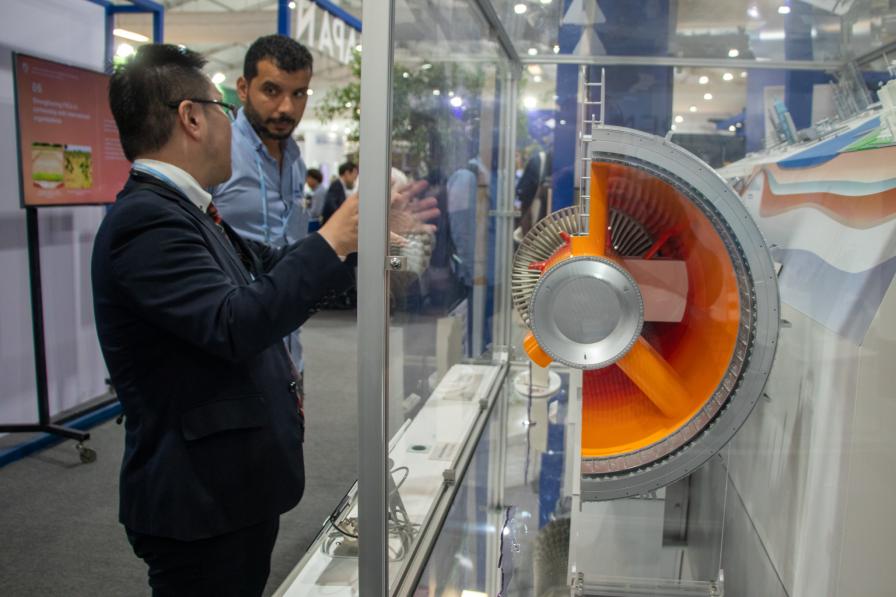About
Cooperative mechanisms such as Japan's Joint Crediting Mechanism contribute to achieving the goals of the Paris Agreement and realizing a decarbonized society, panelists of a side event argued.
The Joint Crediting Mechanism (JCM), which celebrates its 10th year anniversary this year, is a cooperative mechanism in which Japan and partner developing countries contribute to the reduction and absorption of greenhouse gas (GHG) emissions globally by facilitating the diffusion of decarbonizing technologies and implementing emission reduction activities. This event focused on the progress of some of its partner countries and projects under the JCM in the context of Article 6.2 of the Paris Agreement.
With Makoto Kato, Overseas Environmental Cooperation Center (OECC), moderating the event, Kazuhiko Takemoto, President, OECC, discussed the pledge of Japan’s Ministry of Environment to accelerate action in implementing Article 6.2 through three components:
- expanding JCM partner countries;
- scaling up JCM by mobilizing private finance; and
- enhancing capacity building for partners to further contribute to making global market mechanisms more operational.
Eri Matsumoto, Ministry of the Environment, Japan, provided an overview of the JCM and discussed Japan’s target of reducing its GHG emissions by 46% below 2013 levels by 2030 and achieving net zero by 2050. She emphasized that Japan aims to create a decarbonized society, which can be done through implementing JCM projects. She discussed that, in coming years, the Ministry of Environment will work towards: establishing a JCM Promotion and Utilization Council; formulating procedures on the authorization of JCM credits by Japan in its registry and corresponding adjustments; and expanding the number of JCM partner countries. She noted that after 10 years, the JCM now has 223 active projects in 24 countries around the world.
Wataru Tohze, OECC, pointed out that the JCM contributes to achieving the goals of the Paris Agreement and realizing a decarbonized society. He discussed the important factors and activities for the JCM programme to achieve these following objectives:
- the achievement of ambitious climate targets;
- the development of rules and guidelines;
- the introduction of decarbonization technologies in partner countries; and
- the expansion of partner countries.
Hak Mao, Ministry of Environment, Cambodia, shared the experience of his country with the JCM, a partnership that helps Cambodia achieve its Nationally Determined Contribution and emission reduction targets. He discussed the mitigation projects they have developed under the JCM, including REDD+ and other renewable energy projects.
He also discussed Cambodia’s 10-year strategic plan to promote the country as a low-carbon society, which includes: developing climate change mitigation strategies; reducing emissions by 41% by 2030; promoting half a billion green jobs by 2050; and creating an impact assessment to help Cambodia become a low-carbon country.
Otgoo Luvsan, Climate Change Research and Cooperation Centre, provided a progress report on selected JCM projects in Mongolia, which include solar power plants, fuel conversion projects, battery storage, and energy management. She also highlighted the achievements of the projects, which included:
- the introduction of low carbon technology;
- increased competitiveness and economic efficiency;
- increased private sector participation and contribution to climate change mitigation;
- progress towards the Sustainable Development Goals through the improvement of human health, the working environment, and gender equality; and
- the reduction of risks during project development and implementation of cost-effective projects.
Gen Takahashi, JFE Engineering Corporation, shared the work of JFE in the waste sector and progress of JCM project. He discussed the development of waste-to-energy plants in Viet Nam and Myanmar, which aims to provide energy supply and reduce emissions.
Kato then opened the floor to questions from participants. In responding to a question on Japan’s aim to reduce emissions by 100 million tons through JCM projects, Maiko Uga, Ministry of the Environment, Japan, pointed out that the number is the cumulative target emission reductions of all projects and the credit will be shared with all relevant stakeholders. She also shared that they are “scaling up” their JCM projects in the forestry sector and encouraged partner countries to join.
Kato concluded the event by emphasizing that the multiple benefits under the JCM, including: finding opportunities for blended finance for decarbonizing technologies; scaling the impact of reduction; reducing waste; and addressing other sustainable development impacts. He emphasized that OECC is ready to “expand and scale up” JCM activities, and the organization is working hard to develop partnerships and find opportunities to work together. He also stated that after 10 years “we’re not in the end, we’re just in the beginning phase.”
Organizers: OECC and the Ministry of the Environment of Japan
Contact: Wataru Tohze and Kunihiko Kobayashi I jcm@oecc.or.jp
For more information: www.oecc.or.jp/en/global_environment/20221024/8314/
To receive free coverage of global environmental events delivered to your inbox, subscribe to the ENB Update newsletter.
All ENB photos are free to use with attribution. For photos from this side event, please use: Photo by IISD/ENB | Matthew TenBruggencate.
